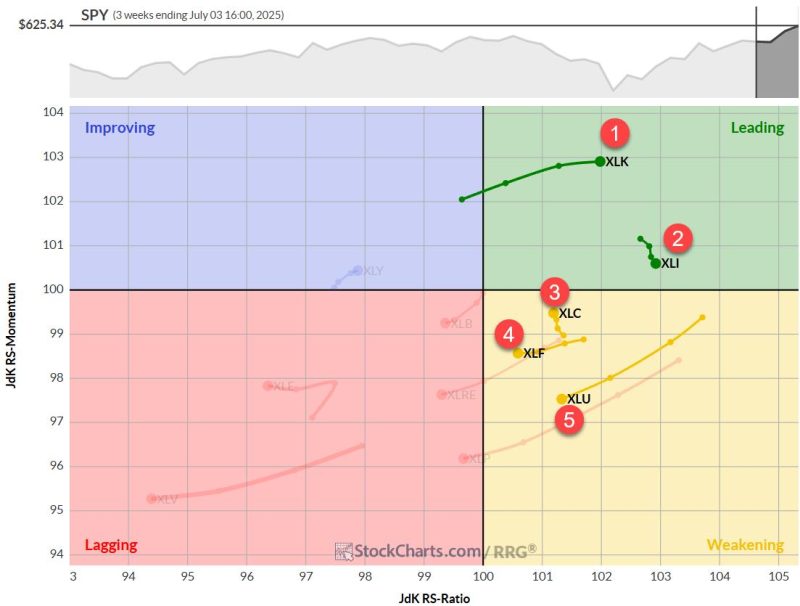
“School choice won’t work here because there aren’t enough private options.” This is a common claim made by choice opponents. Bizarrely, they often make this claim while simultaneously saying choice will kill public schools because students will flee. How will they flee if there aren’t any other options? Perhaps they know deep down that the first claim is false. When funding follows students, education entrepreneurs have an incentive to create new, high‐quality learning environments.
But even with school choice funding, startups face enormous hurdles—including no income stream until they can begin educating students. That’s where The Drexel Fund steps in. Started in 2015, the mission of the fund is to help entrepreneurs “launch and scale pioneering private schools focused on underserved communities.”
The Drexel Fund is named in honor of St. Katherine Drexel, a Philadelphia heiress born in 1858 who dedicated her inheritance and time to helping African Americans and Native Americans. She founded a religious order, and when she died in 1955 there were more than 500 Sisters in her order teaching in 63 schools throughout the country.
Eric Oglesbee is director of The Drexel Fund’s Founders Program, which is a one‐year paid fellowship for entrepreneurs who are in the early stage of planning their school. He says the goal of the fund is to serve low‐income families while being financially sustainable. “We define serving low‐income families as a school that has at least one‐third of its seats reserved for free and reduced lunch qualifying families. But our portfolio average is actually 73% of the seats that we create and fund meet that. So it’s much higher— one‐third is just our floor,” he explains.
Since The Drexel Fund emphasizes sustainability, schools can only rely on philanthropy for 15 percent of their operating budget at maturity. That’s why the fund focuses on states with school choice programs. They have a list of target states that provide the best environment and of opportunity states that show promise. Eric says they’re increasing their counts in each group based on the recent spread of choice programs, especially education savings accounts (ESAs).
The fund offers support at a range of levels, from seeding startups to helping single‐site schools develop into a network. Eric says the Founders Program that he runs is pretty unique. “It’s a one‐year fellowship where an individual gets a stipend that’s commiserate with what their prior year’s salary was wherever they were working. And then they get what we call a ‘catalyst budget’ of about $40,000 to be able to engage in learning and some of the soft startup things that happen as you’re launching the school—things they really need to be spending money and time on, but most people don’t do it in startup because they don’t have access to resources.”
“Throughout that year, I help individuals hone their business plans and go through the process of launch with the goal that when somebody finishes the Founders Program, they’re going to open a school that fall and they’ll apply for startup funding from The Drexel Fund. Typically, people who go through the Founders Program do get a start‐up grant from us, but not all the time. There are benchmarks they have to hit to get it because we treat them like any other startup.”
Eric is often asked why The Drexel Fund exists. He explains that the co‐founder and current managing partner, John Erickson, was a Catholic school superintendent and saw there was a lot of support for charter schools, but not for private schools. “In the charter space, you have a lot of different operators that are supporting charter school startups through building funds and through growth funds that are out there to get granting,” says Eric. “But in the private school space, prior to The Drexel Fund, there has not been a significant funding organization that says we want to create private school seats to serve low‐income kids.”
The Drexel Fund measures its impact by how many seats are created with school startups or expansions—with the count at over 18,000 seats in the first eight years. “We organize things according to funds because we’re not operating off of an endowment that’s been sitting here,” Eric explains. “We actually raise the money for everything that we’re doing. We created just over 18,000 seats in the first two funds. We’re now starting our next four‐year fund where the target is to create 16,500—so try to do in the next four years almost what we’ve done over the previous eight.”
Eric has experienced The Drexel Fund from both sides—prior to working at the fund, he participated in the Founders Program and received a startup grant to co‐found River Montessori High School in South Bend, Indiana. His number one advice is to build a team because “nobody does this well solo.” Second, he says to talk about your vision to anyone who will listen because that’s when you’ll spot the holes in it. Third is to learn about any school choice programs available in your state and if/how you can access them—and building a realistic financial model from the get‐go taking that into account.
One of Eric’s big concerns in burnout. Founders frequently sacrifice their own income to get their schools up and running. “I tell them that may be a lever you have to pull if you’re going to go down this route, but you must build into it that it cannot be forever,” he says. He did it himself when he started River, but he didn’t plan for it to stay like that.
In the Founders Program, he’s very intentional about building the financial model and pushing them when he sees something that looks like burnout waiting to happen. “For a budget to eventually pass muster, they have to address those things for me—because we don’t want to help zombie schools open,” Eric emphasizes. “You know, a lot of people can get the doors open in year one. They can probably keep them open into year two. But by year three is where you start with crunch time. I feel like if a school makes it five years and finishes its fifth year—even if it’s kind of at the border or losing money—but if they go through five years and are growing in student enrollment or stable, they’ll be around for a while. And so that’s a lot of the work I do in the Founders Program is trying to set people up not just to open, but to have a trajectory towards that sustainability.”
The Drexel Fund is an exciting program that is helping create new opportunities for students and teachers around the country. Stay tuned to the Friday Feature in the coming months to learn about some of the great schools that have opened or expanded with support from The Drexel Fund.








